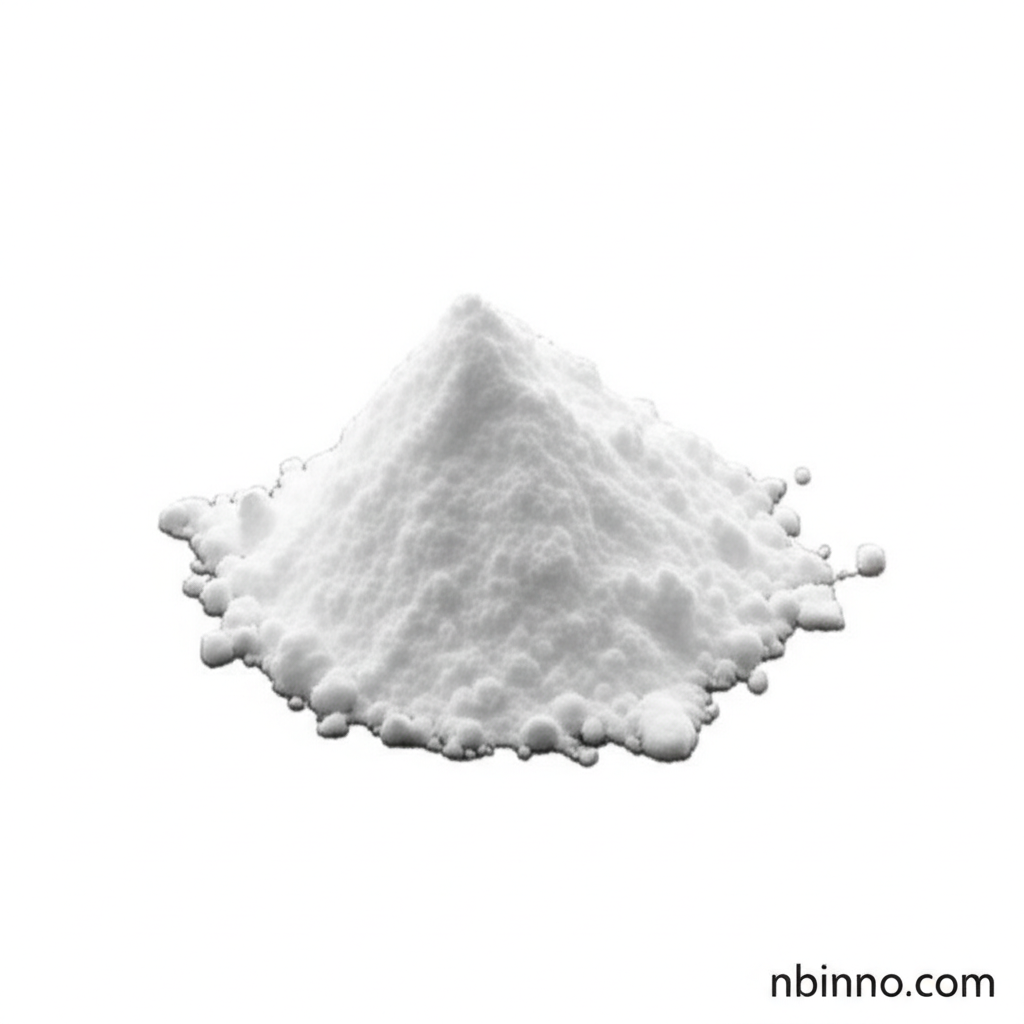High Purity Pharmaceutical Grade Betahistine Mesylate 99%
Targeting inner ear health with advanced pharmaceutical solutions.
Get a Quote & SampleProduct Core Value

Betahistine Mesylate
Betahistine Mesylate, identified by CAS 54856-23-4, is a pharmaceutical grade API renowned for its efficacy in treating Meniere's disease and vestibular vertigo. It works by improving inner ear microcirculation through a dual mechanism of expanding inner ear blood vessels and regulating vestibular nerve nucleus activity. This compound is a histamine H1 receptor agonist and H3 receptor strong antagonist, offering significant relief from dizziness and tinnitus.
- Discover the benefits of betahistine mesylate for Meniere's disease, a condition affecting the inner ear and causing vertigo and hearing loss.
- Learn how to buy betahistine mesylate 99% online for your pharmaceutical needs, ensuring high quality and purity.
- Understand the role of this pharmaceutical grade betahistine mesylate price in treatment protocols for vestibular disorders.
- Explore the applications of CAS 54856-23-4 pharmaceutical intermediate in advanced drug development.
Key Advantages
Targeted Inner Ear Action
Betahistine Mesylate effectively increases cochlear blood flow and promotes lymphatic absorption, helping to reduce inner ear edema, which is crucial for managing vertigo symptoms.
Dual Mechanism Efficacy
Acting as both an H1 receptor agonist and H3 receptor antagonist, this compound offers a unique approach to improve inner ear microcirculation, directly addressing the root causes of dizziness.
High Purity and Bioavailability
With a purity exceeding 99% and oral bioavailability over 90%, Betahistine Mesylate ensures efficient absorption and therapeutic effect, making it a reliable choice for medical applications.
Key Applications
Meniere's Disease Management
Essential for controlling rotational vertigo, tinnitus, and ear fullness, Betahistine Mesylate is a leading choice for patients diagnosed with Meniere's disease.
Vestibular Vertigo Syndrome
Provides relief for residual dizziness and balance disorders encountered during the recovery period of vestibular neuroinflammation or after BPPV reduction.
Inner Ear Circulation Enhancement
Directly targets and increases cochlear blood flow, promoting better health for the sensitive structures within the inner ear.
Potential Cerebral Blood Flow Aid
While evidence is weaker, this compound is explored for its potential to improve cerebral blood flow in cases of chronic ischemic cerebrovascular disease.
